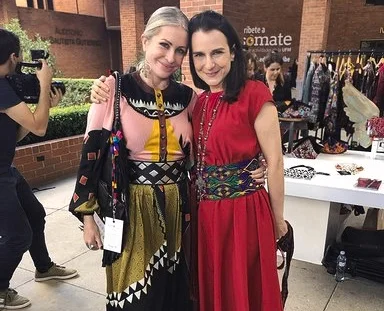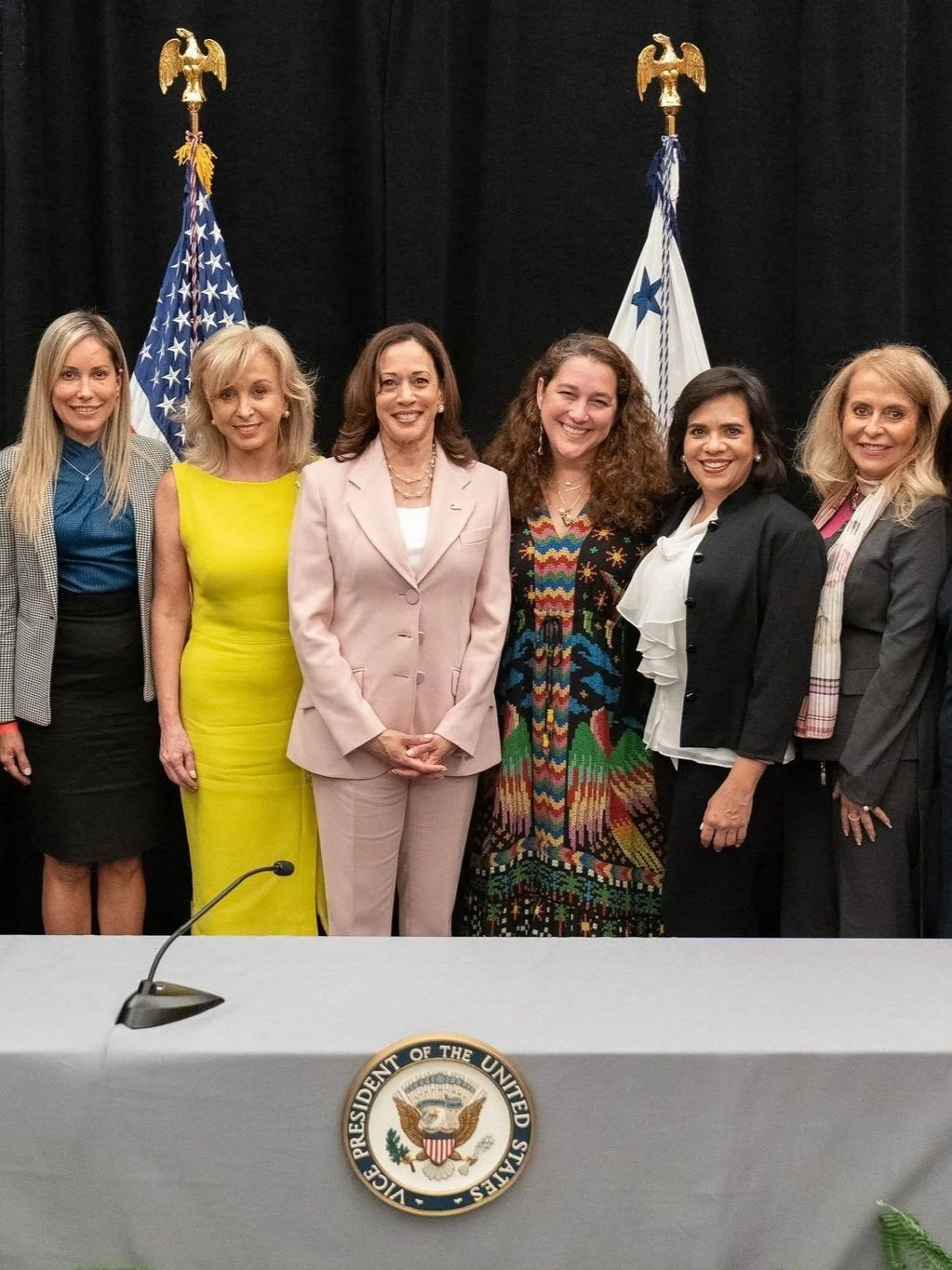“Fast fashion is one of the two biggest threats to artisanship,” writes Sara Weinreb. “One million of the 17 million residents of Guatemala are artisans, and their craft is at risk of extinction given the changing values in the fashion landscape.” The Forbes’ contributor is quoting from 'Fashionscapes: Artisans Guatemaya', the documentary short shot by Livia Firth which recently premiered at Parsons School of Design. And in her article for the online publication posted earlier this week, Weinreb profiles the piece and explains the story behind it.
The 15-minute film documents the trip that Carman and her fellow CoutureLab Coalition members made to Guatemala back in January that was hosted by PACUNAM, the Foundation for Maya Cultural and Natural Heritage. “The foundation realized the important connection between ancient patrimony and living patrimony,” explained PACUNAM President and CoutureLab Coalition member Marianne Hernandez. “Craftsmanship is one representation of this very traditional Maya heritage.”
Eco-Age’s Livia Firth with two local artisans.
The group spent ten days visiting local communities and co-operatives in order to help facilitate job creation and the distribution of tourism income, improve and promote local designs and current production and distribution practices. And with traditional handicrafts largely remaining a local secret, safeguarding them by bringing them to a wider audience was key. “I knew the story had to be shown,” said Carmen. “I introduced Livia Firth and Marianne Hernandez as I know how passionate Livia is about sustainability and how talented she is in film production. The film shows how rich the Guatemalan artisan culture is.”
As Weinreb goes on to write, fast fashion, which encourages shoppers to consume quantity over quality and has helped foster today’s disposable culture, is not the only threat to artisanship. Rather than collaborating with local makers, many global designers are appropriating artisans’ designs, which further devalues their goods on the world market. However, as Livia Firth explained, the solution to combatting this problem lies in the stories, a view she shares with Carmen whose desire to educate consumers about the stories behind products has always been the drive behind her support of designers, emerging entrepreneurs and local artisans. “They [fast fashion] can never appropriate the handprint,” said Firth. “They can't tell the stories of the people making the clothes because they're all bad stories.”
Read Sara Weinreb’s article in full here.














